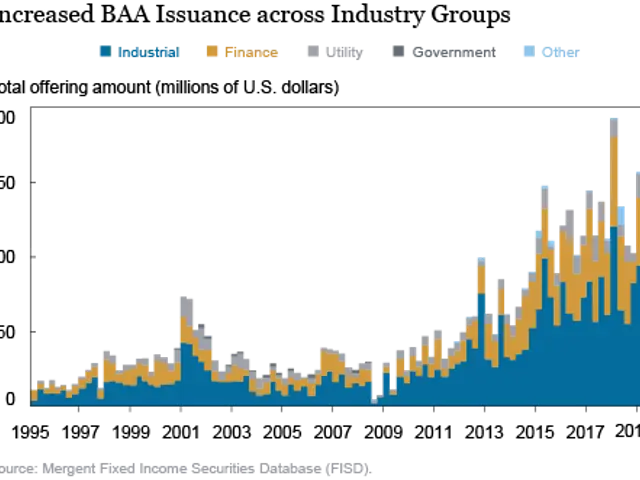Groundbreaking Study Unveils Potential of Milk Cells in Infant Development and Maternal Health
A groundbreaking study, 'Human Milk: Insights on Cell Composition, Organoids and Emerging Applications', sheds light on the potential of milk cells in understanding infant development and maternal health. Led by Francesca Bertino, Fabio Fassio, Vito Leonardo Miniello, and Flavia Indrio, the research explores the power of organoid technology and the accessibility of human milk for repeated sampling.
Organoid technology, inspired by milk-derived epithelial cells, offers robust platforms for studying mechanisms, screening drugs, and regenerative medicine. The accessibility of human milk enables longitudinal studies, tracking lactation dynamics in the same individual over time. However, cell viability and purity can vary between donors, requiring rigorous separation methods to enrich for epithelial populations.
Recent advances in breast biology have opened avenues to enhance understanding of infant development and pioneer therapeutic interventions using human milk cells. Milk cells exhibit remarkable heterogeneity, influenced by factors like donor variability, lactation stage, and environmental exposures. Mastitis, an infection of the mammary gland, can alter gene expression patterns within milk-derived cells, modulating the function of lactocytes and immune cells. Advanced omics technologies, including transcriptomics, proteomics, and metabolomics, can deepen understanding of lactation biology and infant development when integrated with milk cell research.
Human milk is a complex biological fluid, tailored to the developing infant's needs, containing various cell types such as epithelial and immune cells. Single-cell analysis techniques allow researchers to distinctly identify epithelial subpopulations in human milk, providing detailed insights into breast tissue architecture and function. The field of human milk research is evolving into a multidisciplinary nexus of cell biology, immunology, bioengineering, and clinical sciences.
The study 'Human Milk: Insights on Cell Composition, Organoids and Emerging Applications' underscores the immense potential of milk cells in revolutionizing infant nutrition and maternal health. By harnessing organoid technology, understanding lactation dynamics, and integrating advanced omics technologies, researchers can unlock new insights into breast biology and infant development.





